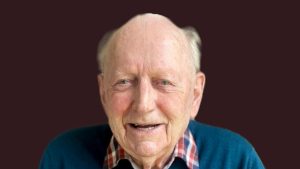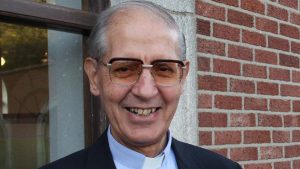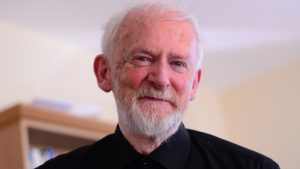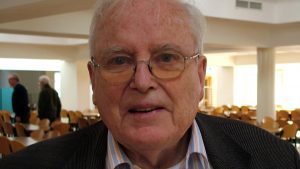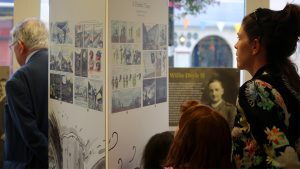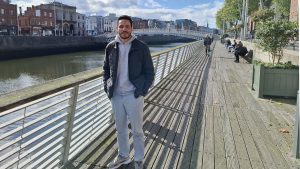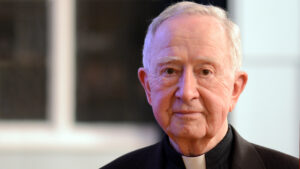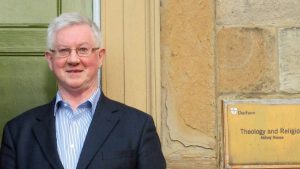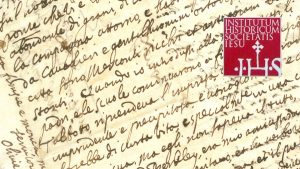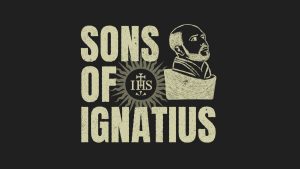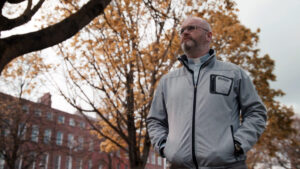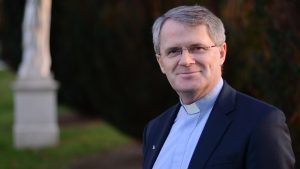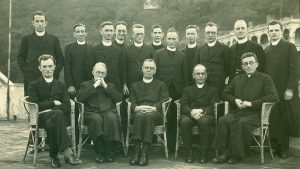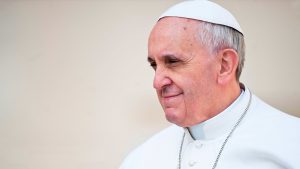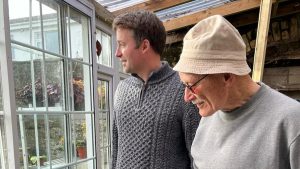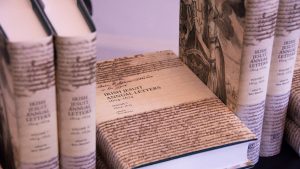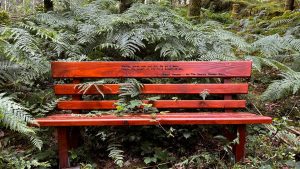Putting the priestly ministry first: James Kelly SJ

At the funeral Mass for Fr James Kelly SJ, celebrant Fr Bill Callanan SJ respected the wishes of the deceased and refrained from delivering a eulogy. James’s “frequently expressed desire” for this, Bill explained, did not derive from a false humility. He explained:
In my view it stemmed rather from James’ deeply felt sense of his priestly ministry, and of the central place held by the preaching of the Word of God in it. All too often, in James’ view, in funeral allocutions the preacher places his or her main emphasis on the merits or demerits of the deceased. This approach has often resulted in dwelling on the biographical details of their life history, singling out their successes and lauding their accomplishments. The result tended to be that little time was given to the message of the gospel which related most directly to those present, – What is the meaning of death for the Christian?
Faithful, then, to James’s wishes, Bill’s homily took the Gospel reading about the resurrection of Lazarus and reflected on the meaning of death for the Christian, especially under the sign of hope in the resurrection. You can read the full homily here »
A few words of biography – and indeed of eulogy – are in order. A Westmeath man by birth and upbringing, Fr James became something of a citizen of the world in the course of his Jesuit life. After entering the Society in St Mary’s, Emo, in Co Laois, he studied Classics in UCD and Theology in Milltown Park. But shortly after his ordination at Milltown Park in 1968 he began an itinerant academic career, studying and lecturing in Biblical studies in various parts of the world. He firstly studied scripture at the École Biblique in Jerusalem, the Pontifical Biblical Institute and then the Franciscanum in Rome. Over the following years he lectured and did parish work in various Californian cities before, in 1977, beginning a lengthy period, mostly as a lecturer in Scripture, in Latin America. He worked in Ecuador, Chile, Paraguay, and Argentina during this time. After his return to Ireland in the mid-1980s, James lectured in biblical languages in the Milltown Institute, but he also spent periods as a writer in Genoa, Italy.
In all of this active life of scholarship, James took very much to heart the call to bring the good news to all who came his way. He had a deeply apostolic vision of priestly life. In all respects he was a good scholar, a fine priest, and a faithful Jesuit.


